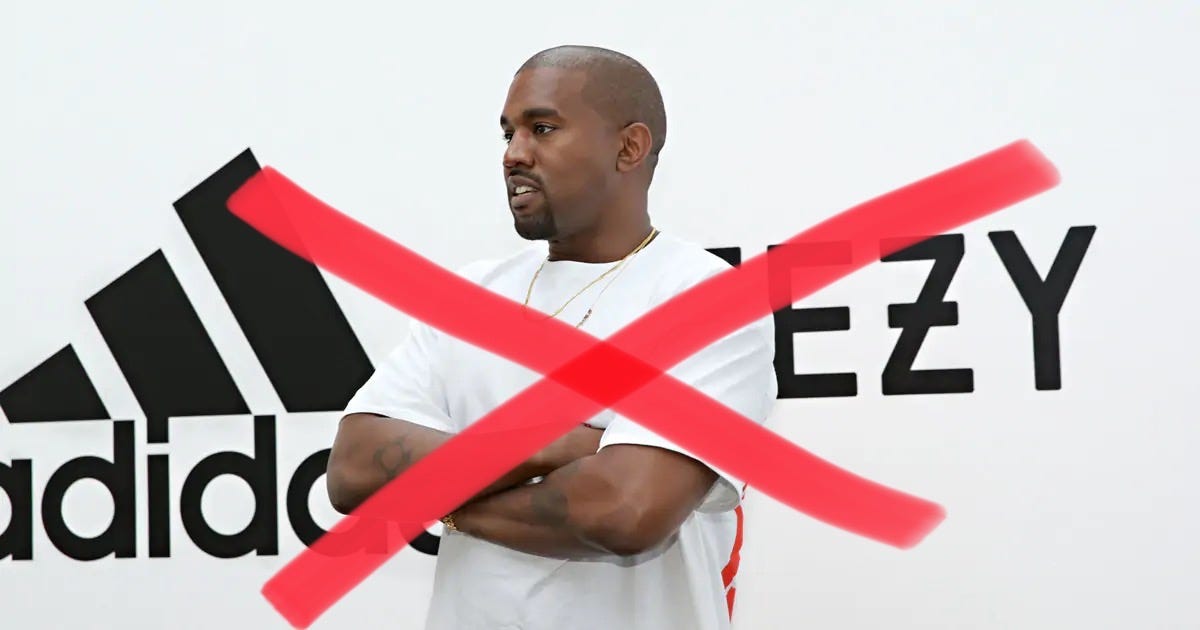The Führer's Sneaker
The troubling Third Reich history of Adidas's founders should have compelled the company to be the first - not the last - to cut ties with Kanye West after the rapper's antisemitic outbursts
“Stories, style, and sporting goods at Adidas, since 1949.” That is what Adidas states on its German website. Most fans of its sneakers would not give that a second thought. The problem is it is not true. The two twenty-something brothers whose factory-made track and field shoes had opened their business in a small town near Nuremberg in 1924. Rudolf (Rudi) Dassler, and his younger brother, Adolf (Adi), named it the Dassler Brothers Sports Shoe Factory. Their spiked shoes, sometimes using nails as makeshift cleats, became a quick favorite of runners on rocky terrain. Their reputation was solidified four years later when a German sprinter wearing a pair of their spiked shoes won a bronze medal at the Los Angeles Olympics.
The Dasslers joined the Nazi Party on May 1, 1933, only three months after Hitler had become Germany’s chancellor. As successful manufacturers of award-winning sports shoes, their business was tailor-made for a key role in the Nazi programs that emphasized sports and…




